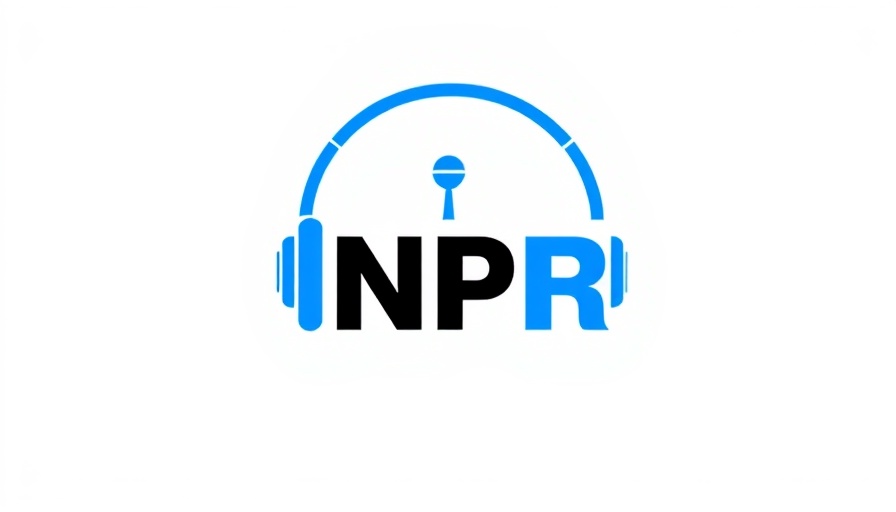
The Controversial Policy Change on COVID Vaccines
In a contentious move that has sparked outrage among health experts, Robert F. Kennedy Jr. recently announced a significant shift in the U.S. policy regarding COVID vaccines. Following his appointment as Secretary by the Department of Health and Human Services (HHS), he declared that the Centers for Disease Control and Prevention (CDC) would no longer recommend COVID vaccinations for healthy children and pregnant women. This immediate decision, publicized via social media, has ignited concerns over vaccine safety and public health implications.
Missteps and Misrepresentations in Support Documents
In defense of Kennedy's decision, HHS circulated a document to Congress. However, this memo has drawn ire for misinterpreting scientific studies and citing broadly disputed research. Dr. Mark Turrentine, a prominent professor in obstetrics, criticized the inaccuracies, stating that the information presented undermines congressional reliance on authoritative health data. This has raised alarms over the efficiency of health communications and their impact on public trust.
Understanding the Scientific Backdrop
The memo from HHS, titled "Covid Recommendation FAQ," highlights studies that contend the COVID vaccine poses dangers to certain demographics. Yet, many of these studies are either unpublished or scrutinized for their methodology. One cited study is under investigation due to potential conflicts of interest, demonstrating the importance of vetting research before disseminating information that could sway public perceptions.
The Role of the CDC and HHS in Vaccine Recommendations
The CDC traditionally plays a critical role in guiding public health decisions and vaccine protocols based on extensive research and expert consensus. Kennedy's announcement bypassed standard procedures, raising significant concerns about the integrity of health policy adjustments. This abrupt change contradicts the established scientific frameworks that prioritize thorough evaluations and stakeholder inputs.
Public Reaction and Implications for Health Safety
The response from healthcare professionals has been overwhelmingly negative. Pediatricians and medical experts have echoed that the new recommendations could hinder efforts to safeguard vulnerable populations—particularly children and pregnant women—against COVID-19. The potential consequences of misinformation may extend beyond individual health risks to include wider community impacts, as vaccine hesitancy grows in response to these changes.
Looking Ahead: The Future of Vaccine Research and Communication
As we move forward, the handling of vaccine research and communications must be scrutinized more than ever. It is crucial for health agencies to adopt transparent methodologies and ensure that the public and policymakers receive accurate, evidence-based information to foster informed decisions. The ongoing discussions about COVID vaccine recommendations reveal a critical need for balance between public health advocacy and responsiveness to emerging research.
Hope Amidst the Controversy: Promoting Vaccination
While uncertainty looms regarding the current policy shift, it is essential to focus on the proven benefits of vaccination. Public awareness campaigns emphasizing the safety and efficacy of vaccines, especially in high-risk populations, remain vital to maintaining public health integrity. Engaging communities with factual data can help mitigate the effects of disinformation and promote a collective commitment to health.
As business professionals, it is imperative to recognize the broader implications of health policies on workforce welfare and community trust. The intersection of public health and corporate responsibility underscores the importance of supporting informed health strategies.
Staying knowledgeable about these changes and their impacts empowers individuals to influence positive health outcomes within their communities. As leaders and influencers, we encourage advocating for science-based recommendations and fostering a culture of informed choice regarding vaccine safety.
 Add Row
Add Row  Add
Add 




 Add Row
Add Row  Add
Add 

Write A Comment